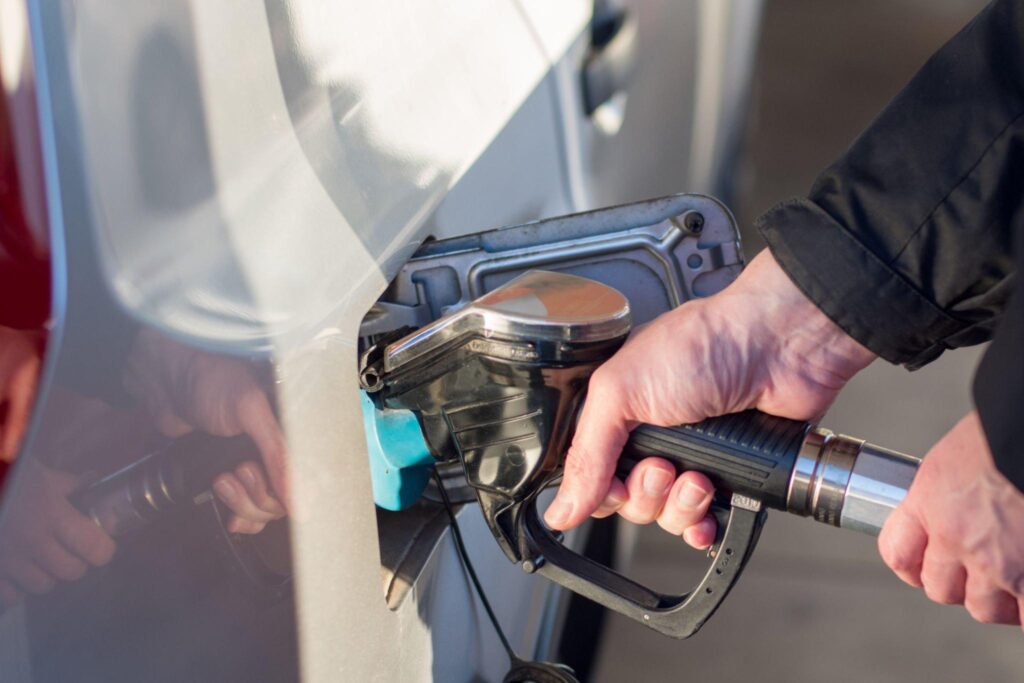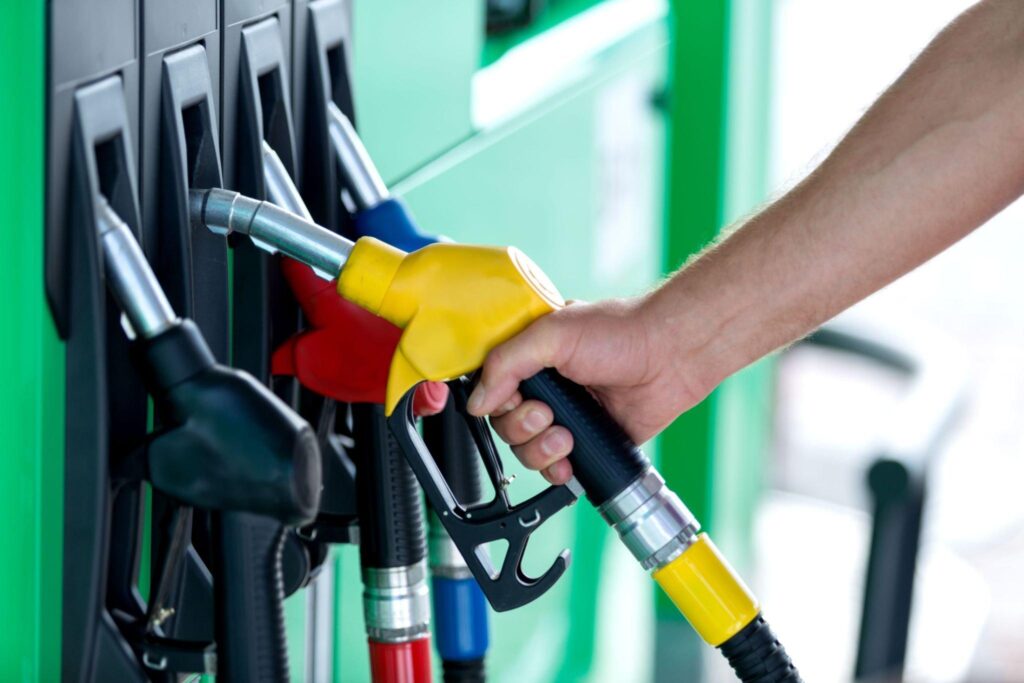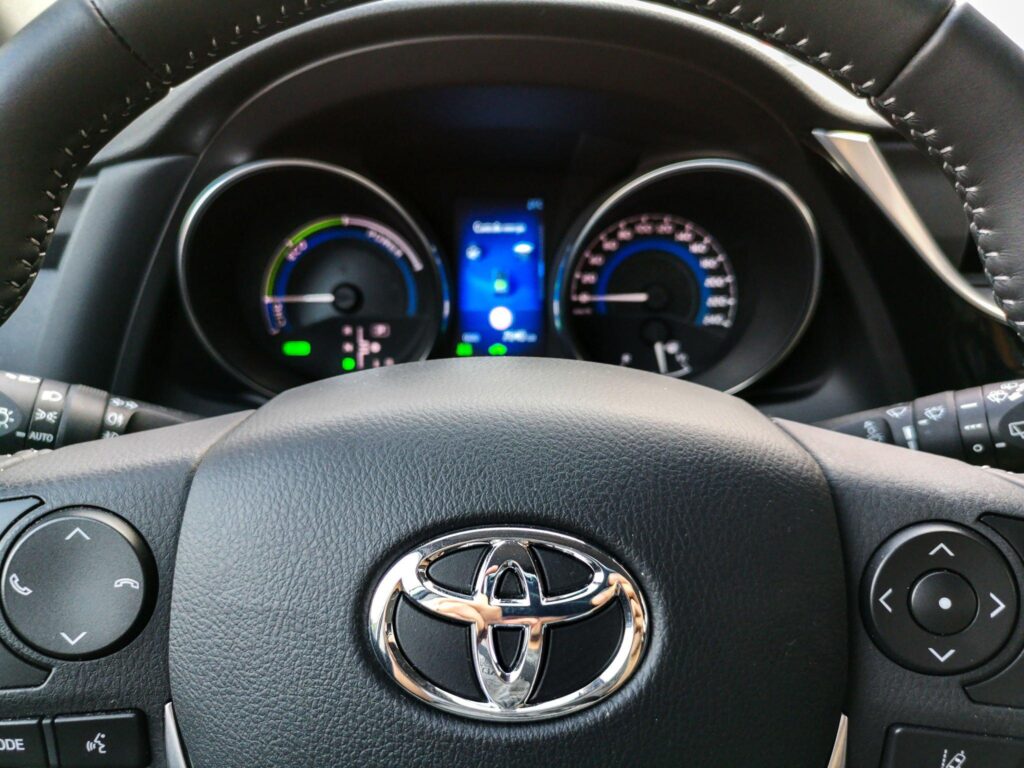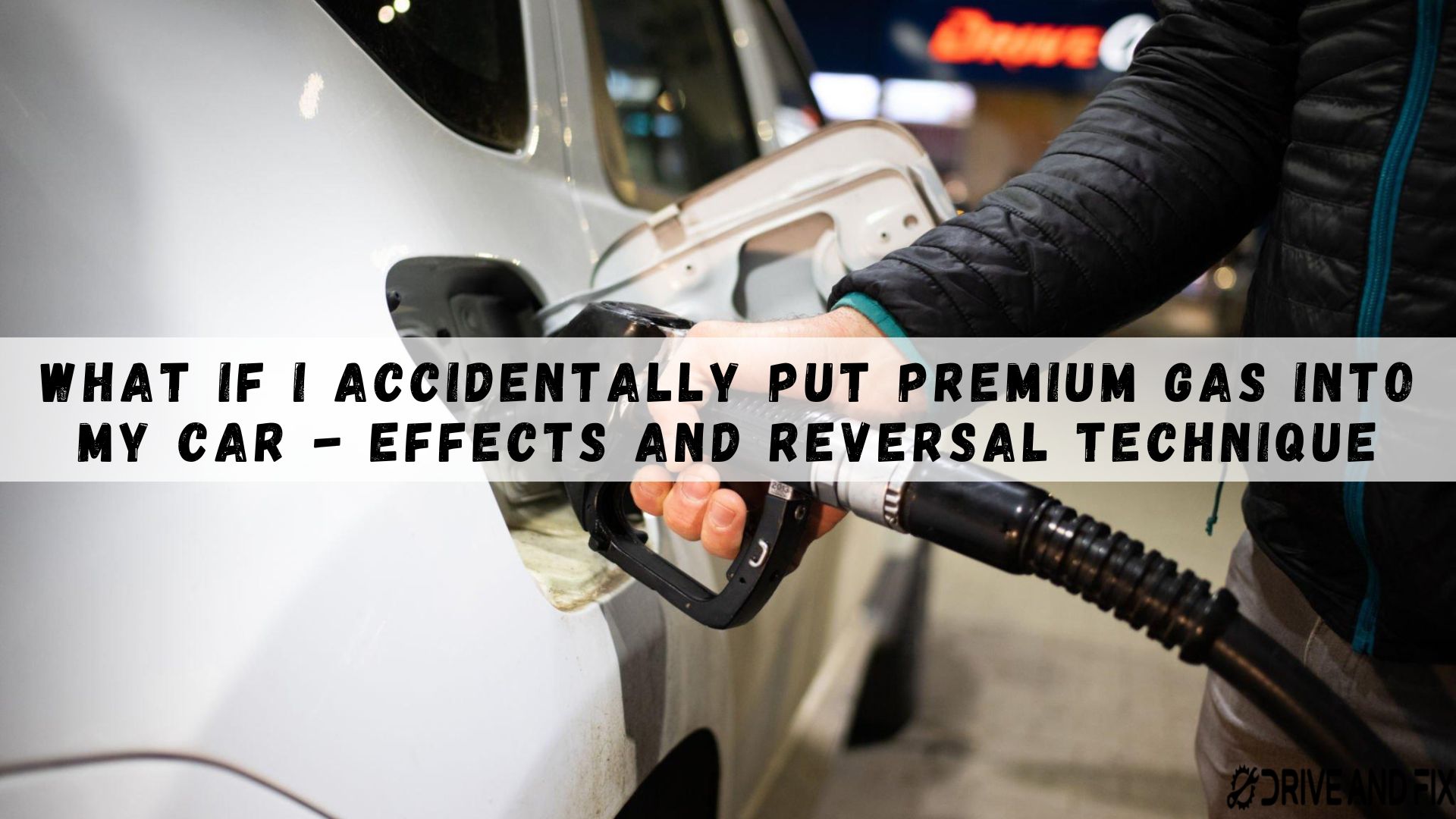Driving a car is essential to our daily routine, but what if I accidentally put premium gas into my car? This common mistake can have significant consequences, especially when you put premium gasoline in a car that runs on regular gas. The high octane levels in premium gasoline cause issues such as reduced fuel efficiency and increased engine wear.
Read on, as we dive deep into the topic of accidentally putting premium gas in a car and explore the potential consequences and what steps can be taken to minimize the damage. So, get ready to learn everything there is to know about this often-overlooked aspect of car ownership.
Understanding Octane Levels
Gasoline octane levels refer to the measure of a gasoline’s ability to resist “knocking” or “pinging” during combustion in an internal combustion engine. The octane rating is expressed as an octane number, such as 87 for regular gas and 91 or higher for premium gas. A higher octane number increases the fuel’s resistance to knocking.
Always use the correct octane level of gasoline for your car because using a fuel with an octane rating that’s too low can cause knocking, thereby damaging the engine. On the other side, using fuel with an octane rating that’s too high for a car designed to run on regular gas can result in decreased fuel efficiency and increased engine wear without providing any performance benefits.
Explanation of Regular and Premium Gasoline

Regular gasoline, also known as unleaded gasoline, has an octane rating of 87. It is the most common gas used in cars and is designed for vehicles with lower-compression engines. Regular gas is less expensive than premium gas and is sufficient for most vehicles on the road.
Premium gas, on the other hand, has an octane rating of 91 or higher. It is designed for vehicles with high-compression engines and is intended to provide better performance and fuel efficiency. Premium gas has a higher resistance to knocking, which can cause engine damage and result in improved engine performance, smoother acceleration, and better fuel economy in certain vehicles. However, it is more expensive than regular gas and unnecessary for all cars. Check your vehicle’s owner’s manual to determine the appropriate type of gasoline for your car.
Importance Of Gasoline Octane Levels For Car Performance
The importance of gasoline octane levels for car performance lies in the relationship between the gasoline’s octane rating and the engine’s compression ratio. The compression ratio refers to the amount of compression in the engine during the combustion process. Higher compression engines require gas with a higher octane rating to prevent knocking and ensure optimal performance.
Suppose a car with a high-compression engine runs on gasoline with a lower octane rating. In that case, the gas will ignite too soon, leading to knocking and potentially damaging the engine. In contrast, using premium gas in a car with a low-compression engine will not provide any performance benefits and can reduce fuel efficiency and increase engine wear.
Match the gasoline octane level with the engine’s compression ratio to ensure optimal performance and minimize the risk of engine damage.
Read Also: Blown Fuse Car Won’t Start? Here’s What You Need to Know
Effects Of Using Premium Gas In A Car Designed For Regular Gas

Using premium gas in a car designed for regular gas can have several adverse effects, including:
- Reduced fuel efficiency: Premium gasoline is more expensive than regular gas, and using it in a car designed for regular gas will not result in improved fuel efficiency. It can reduce fuel efficiency because the higher octane levels cause the engine to run less efficiently.
- Increased engine wear: The higher octane levels in premium gas can lead to increased engine wear, as the engine is not designed to handle the added stress caused by the fuel’s combustion.
- No performance benefits: Using premium gas in a car designed for a regular one will not improve performance since the engine is not intended to take advantage of the gasoline’s higher octane levels.
- Waste of money: Using premium gas in a car designed for regular gas is simply a waste of money, as the added fuel cost will not provide any benefits.
Only use the type of gasoline the manufacturer recommends to ensure optimal performance and minimize the risk of engine damage.
Can You Put Premium Gas in a Toyota Corolla

Yes, you can put premium gas in a Toyota Corolla. However, the recommended gasoline for a Toyota Corolla is typically regular unleaded gas with an octane rating of 87. Higher octane gas will not necessarily provide any performance benefits and could result in reduced fuel efficiency. If you choose to use premium gas, it’s advisable to monitor your fuel efficiency and engine performance and consider switching back to the recommended gasoline if you notice any adverse effects. It’s always best to follow the manufacturer’s recommendations for the best performance and fuel efficiency.
Reversing The Effects
In most cases, the adverse effects of using premium gas in a vehicle made to use regular gas can be reversed by switching back to the recommended gas. However, it’s important to remember that the effects’ severity will depend on the time you used the incorrect gas and your vehicle’s engine. Suppose you’ve noticed any changes in your car’s performance or fuel efficiency after using premium gasoline. In that case, it’s best to consult a professional mechanic to assess the situation and recommend the appropriate action.
Tips, Tricks, And Recommendations For Future
To avoid the adverse effects of using premium gas in a car designed for regular gas, the following recommendations are advisable:
- Read the owner’s manual: Your car’s owner’s manual will specify the type of gasoline recommended for your vehicle. Always follow the manufacturer’s recommendations to ensure optimal performance and minimize the risk of engine damage.
- Pay attention to the pump: Be mindful when filling up your car’s tank and select the correct type of gasoline. If unsure, check the owner’s manual or ask the attendant for assistance.
- Keep a record of your car’s gasoline requirements: If you own multiple vehicles, it can be easy to get mixed up and put the wrong type of gasoline in the wrong car. Keeping a record of each car’s gasoline requirements can help prevent this mistake.
- Check the fuel label: Most gasoline pumps have a label showing the octane rating of the gasoline. Make sure to check the label before filling up your car’s tank.
Finally
Using premium gas in a car designed for regular gas can negatively affect the car’s performance and increase the risk of engine damage. Only use the type of gas the manufacturer recommends to ensure optimal performance and minimize the risk of engine damage. To avoid these adverse effects, it’s advisable to follow the recommendations listed in the owner’s manual, pay attention when filling up the tank, keep a record of your car’s gasoline requirements, and check the fuel label at the pump.
Now have you ever faced your car refusing to start? It could be due to a blown fuse! If so, you’re not alone. Find out the common causes behind this issue and how to easily fix it. Keep continuing reading: Blown Fuse Car Won’t Start? Here’s What You Need to Know
Check Out Our Popular Post:
The Essential Guide to Blown AC Fuse In Car Symptoms
Can I Apply Clear Coat the Next Day? The Ultimate Guide
Is it OK to Sit in Car with AC On? Here’s the Answer
Blown Fuse Car Won’t Start? Here’s What You Need to Know
Why Brake and Battery Light On After Replacing Alternator?
What to Do When Your Battery Light Stays On After Key Pulled?


